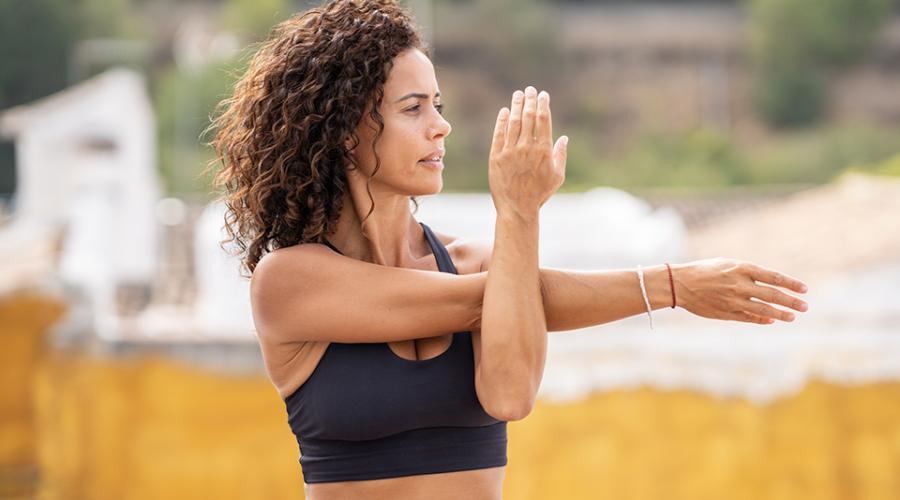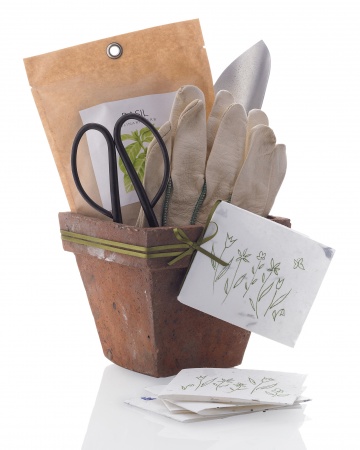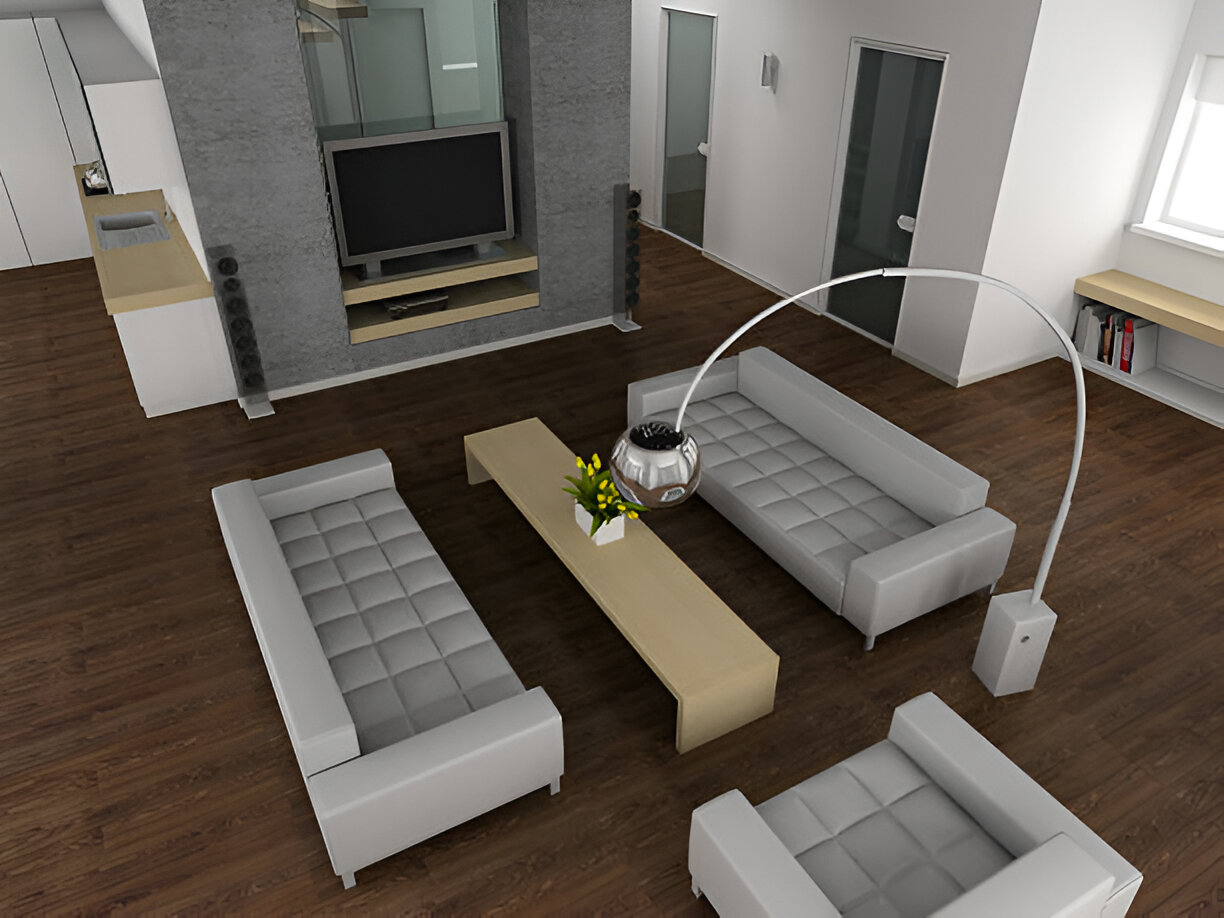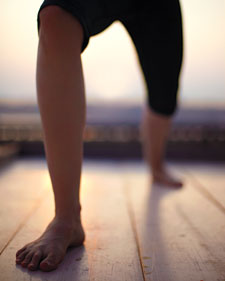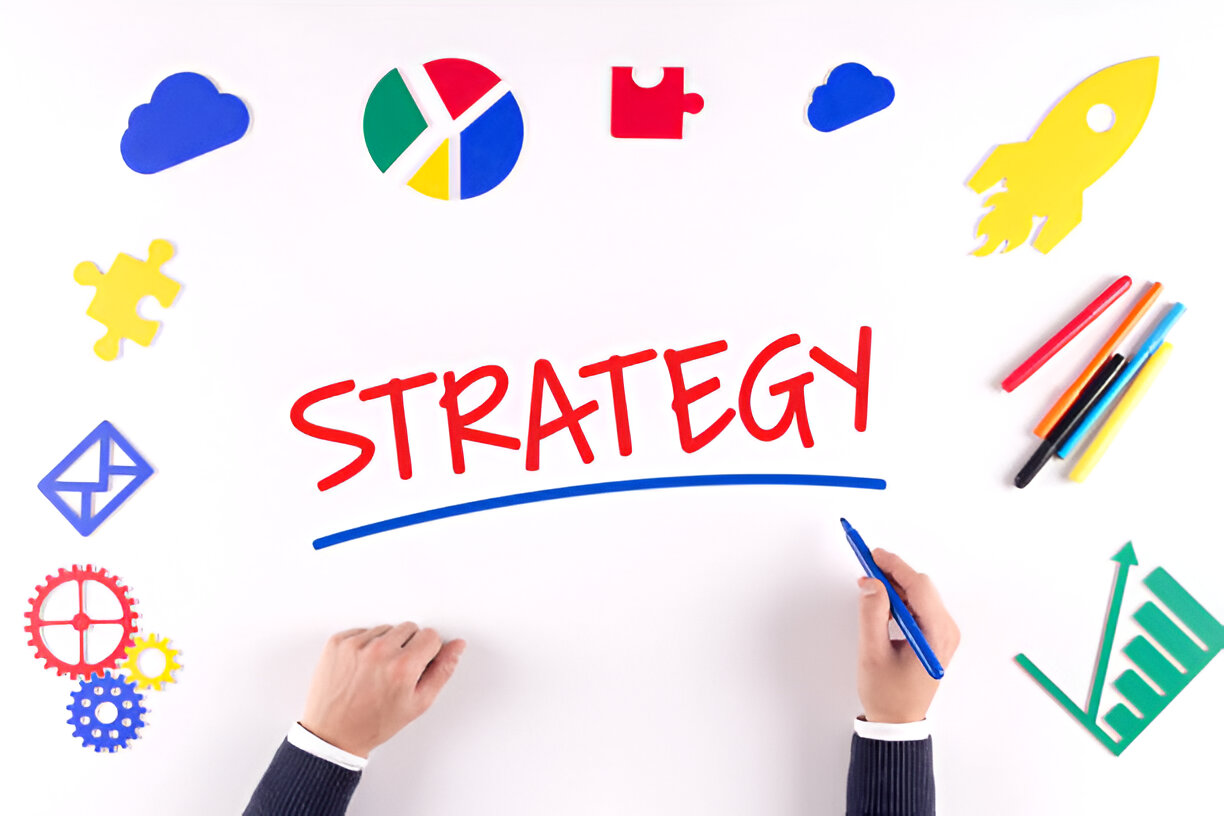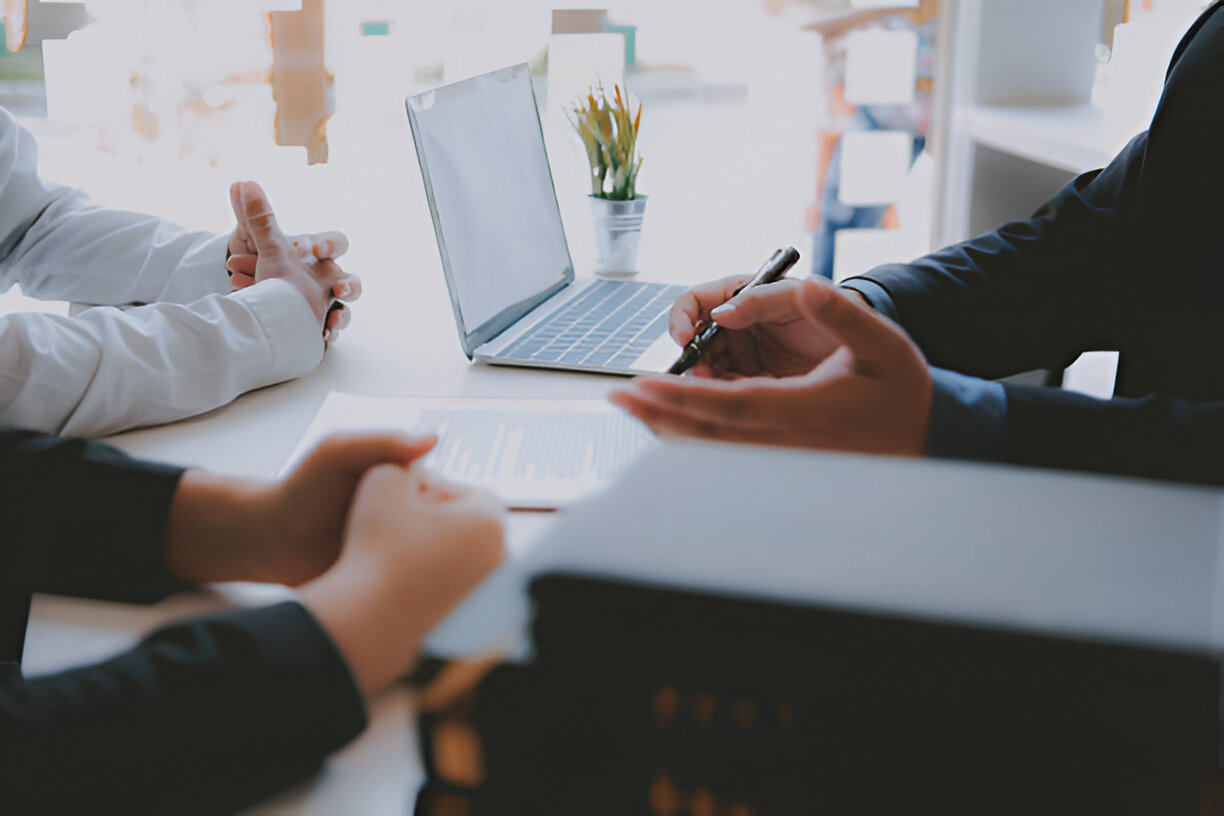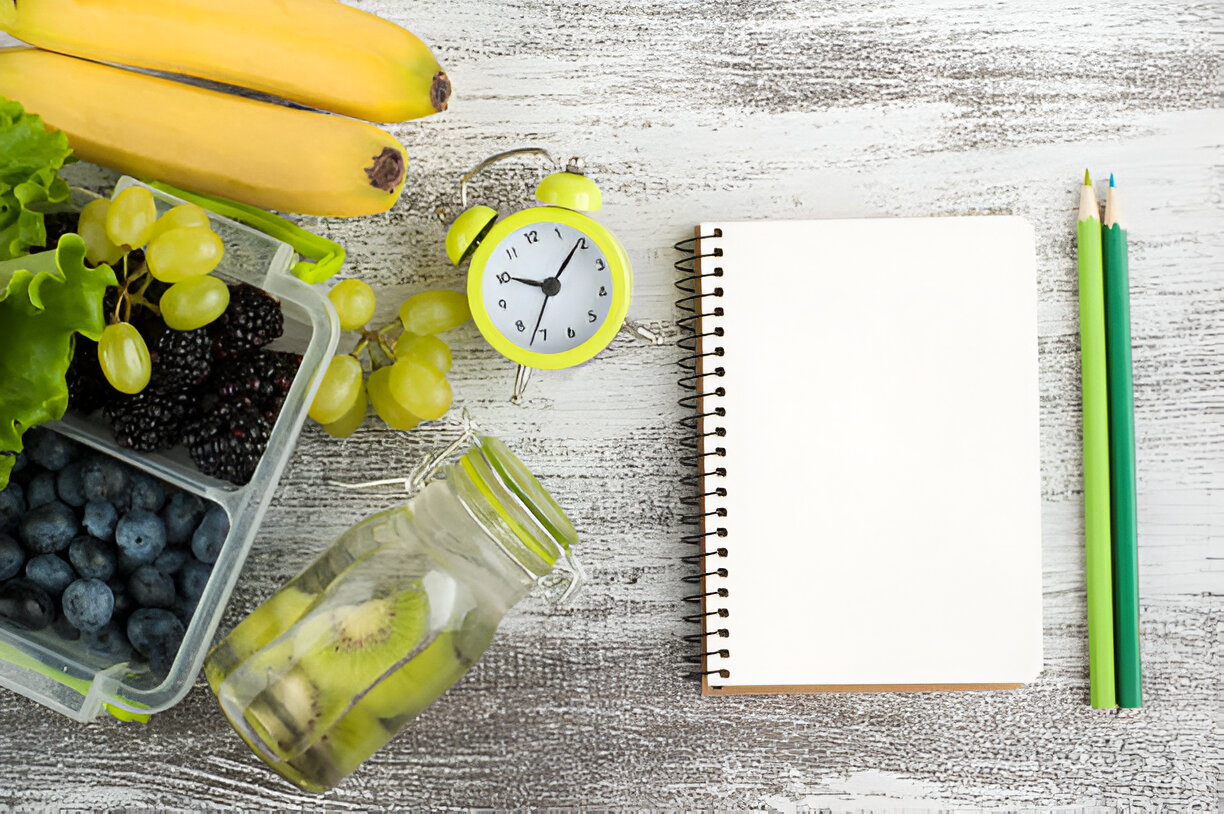
Want to look and feel confident, even when you’re quaking in your boots? Strike a pose, say researchers at Northwestern University.
Sit back in your seat with one arm stretched across the top of your chair, your chest out, and your ankle crossed over your knee. Did you just feel a drop in anxiety and a surge in feelings of competence? Turns out that simply placing your body in postures that project power triggers two key hormonal changes. When researchers assigned study subjects certain postures (expansive or constricted) and roles (manager or subordinate), it was the seated posture that gave people the biggest shot of confidence. “The position raises levels of testosterone, a hormone that drives us to take action,” explains author Adam Galinsky, Ph.D. “At the same time, it reduces cortisol, a stress hormone.”
The underpinnings are probably evolutionary: Humans have large brains and language skills, but we evolved from primates.” And nonhuman primates’ main way of communicating hierarchy is through posture,” Galinsky says.
You don’t have to go full-on Neanderthal to boost performance. Research has identified these other empowering moves for specific situations.
Stuck on a problem?
Cross your arms. A study in the European Journal of Social Psychology found that people were more persistent at tackling both unsolvable and solvable anagrams when they crossed their arms.
Trying to make a point?
Talk with your hands. The journal Language and Cognitive Processes published a study by Italian researchers (who else?) who found that two-minute videos were more persuasive to viewers when speakers used relevant hand gestures than when they did not.
Need a confidence boost?
Sit up straight. Researchers at Ohio State University found that when study participants did so, they were more likely to believe the explanations they’d written regarding their job qualifications. Those who slumped over their desks during the same task were less likely to trust their own words.







